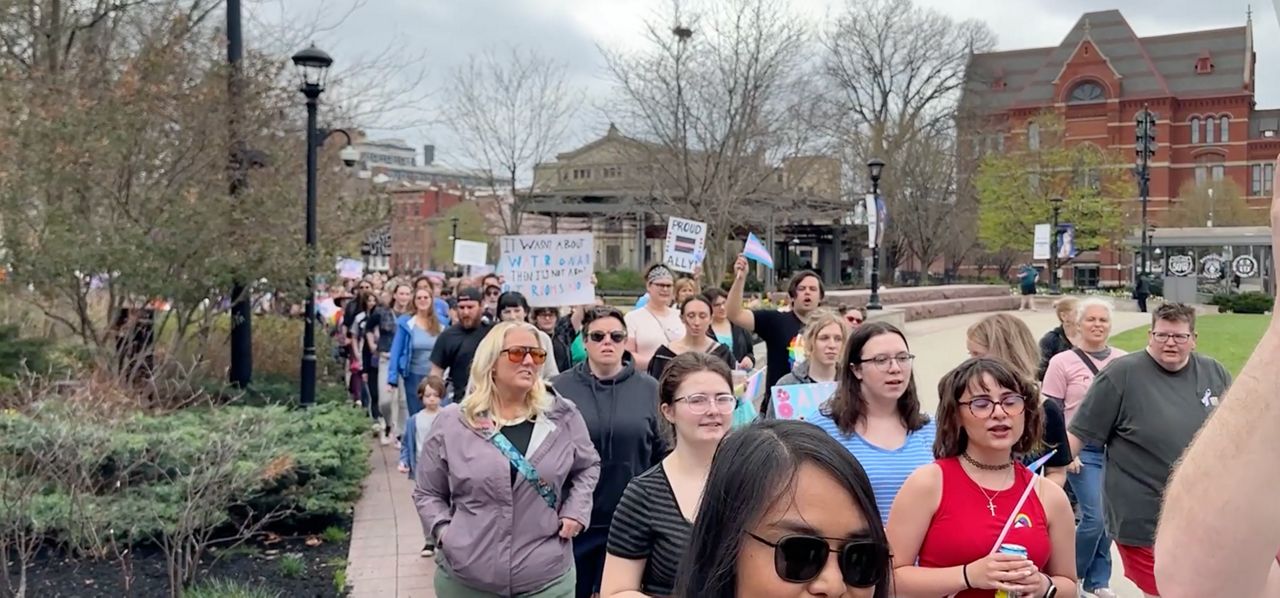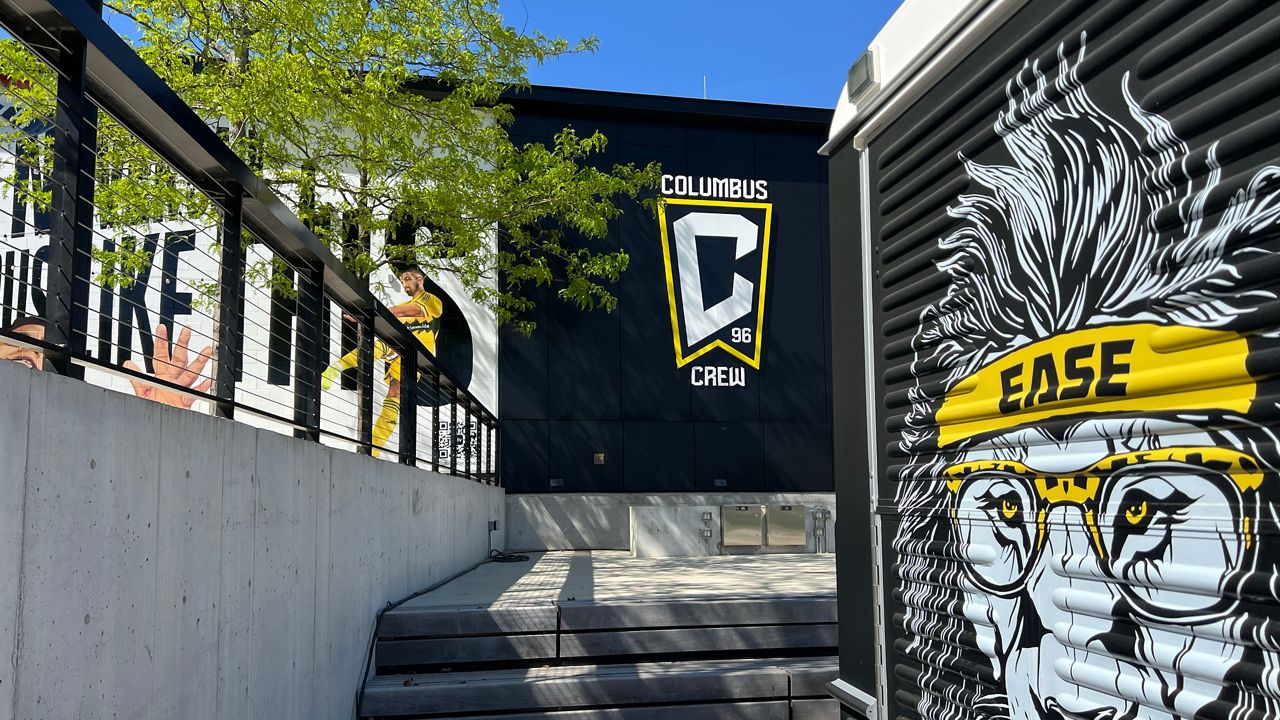The sound of a tornado siren is becoming more prevalent across the Midwest. Ohio averages about 21 tornadoes annually, but already in 2024, the state’s seen 34, according to the Storm Prediction Center and Spectrum News’ meteorologists.
Depending on the strength, wind speeds can reach up to 200 mph or more, which are strong enough to demolish homes and businesses and sadly, end people’s lives.
“It’s devastating I just, my heart breaks for all those people that have lost their homes and their businesses and I don't know what they’re going to do,” said Betty Tierney, a resident of Indian Lake on March 16 a few days after an EF3 tornado blew through the area and killed three people. “It’s really a sad situation. I don’t think the lake will ever be the same.”
With homes and businesses being blown down in an instant, it begs the question: Is there a way to build buildings stronger and avoid these catastrophes?
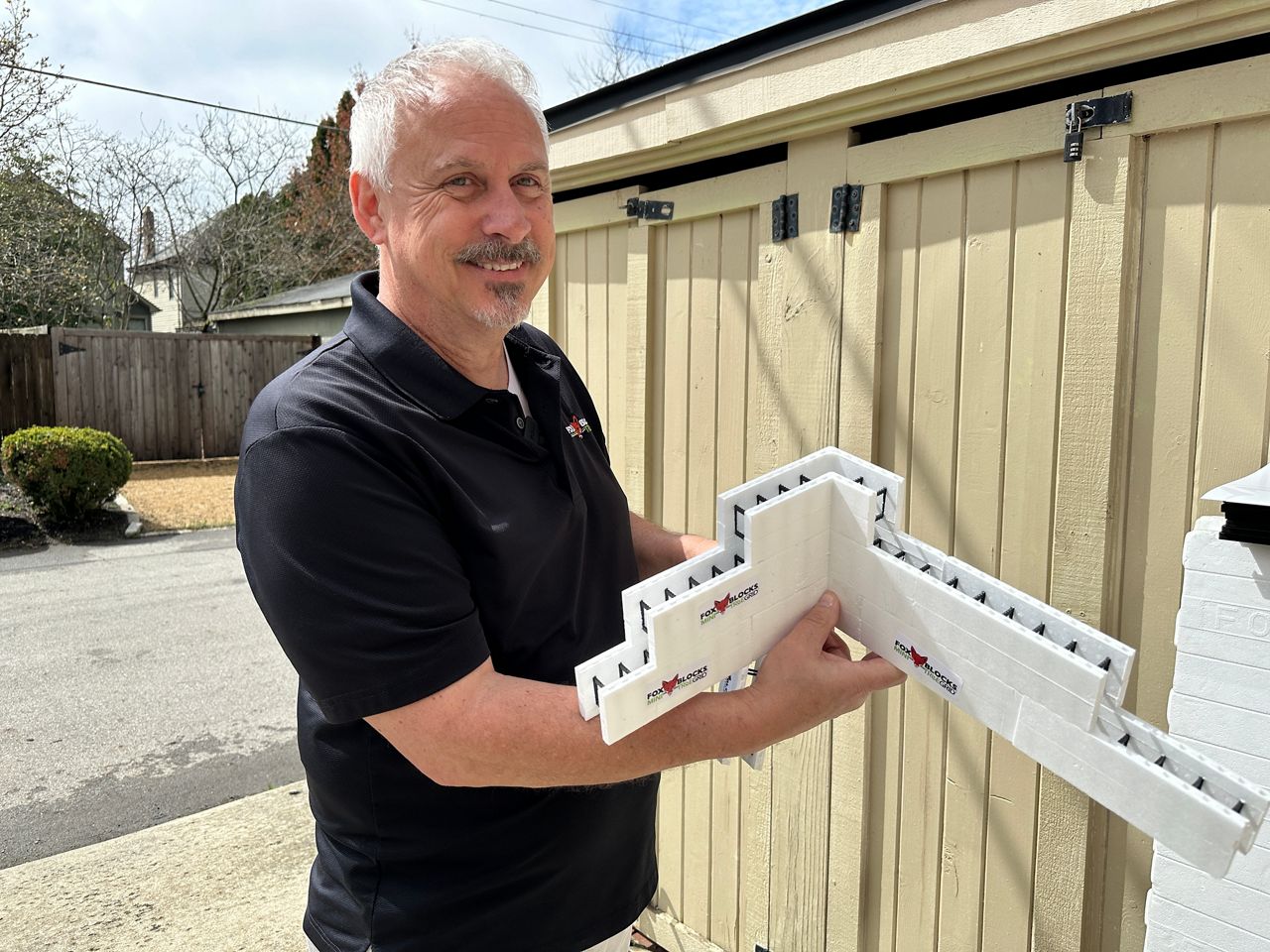
Although nothing is 100% foolproof, Paul Wilson with Fox Blocks said yes. Fox Blocks is a company based out of Nebraska that makes insulated concrete forms, also known as ICF’s.
“It's a concrete wall that's got insulation on both sides of it,” Wilson said. “You could be inside your home and there'd be a hurricane going on and other than looking out the window to see it, you wouldn't even be able to know that it was going on.”
ICF’s are already popular in places like Florida as the company claims that ICF walls are strong enough to withstand hurricane and tornado winds up to 250 mph.
“I know everybody here in Ohio is saddened by everything that took place,” Wilson said. “We're just all trying to make it so that people can have homes that they can be safe in, no matter where they are and no matter what event takes place.”
For more than 40 years Fox Blocks has been helping build homes using ICF’s all over the U.S. and Canada. With the increase of intense weather events in places like Ohio, Wilson said interest in this way of building is growing.
“Every time that there is a weather or a storm event, it brings to the forefront the fact that these are available and people start to think about them,” Wilson said. “We're trying to help to educate them ahead of time so that they can do it right the first time.”
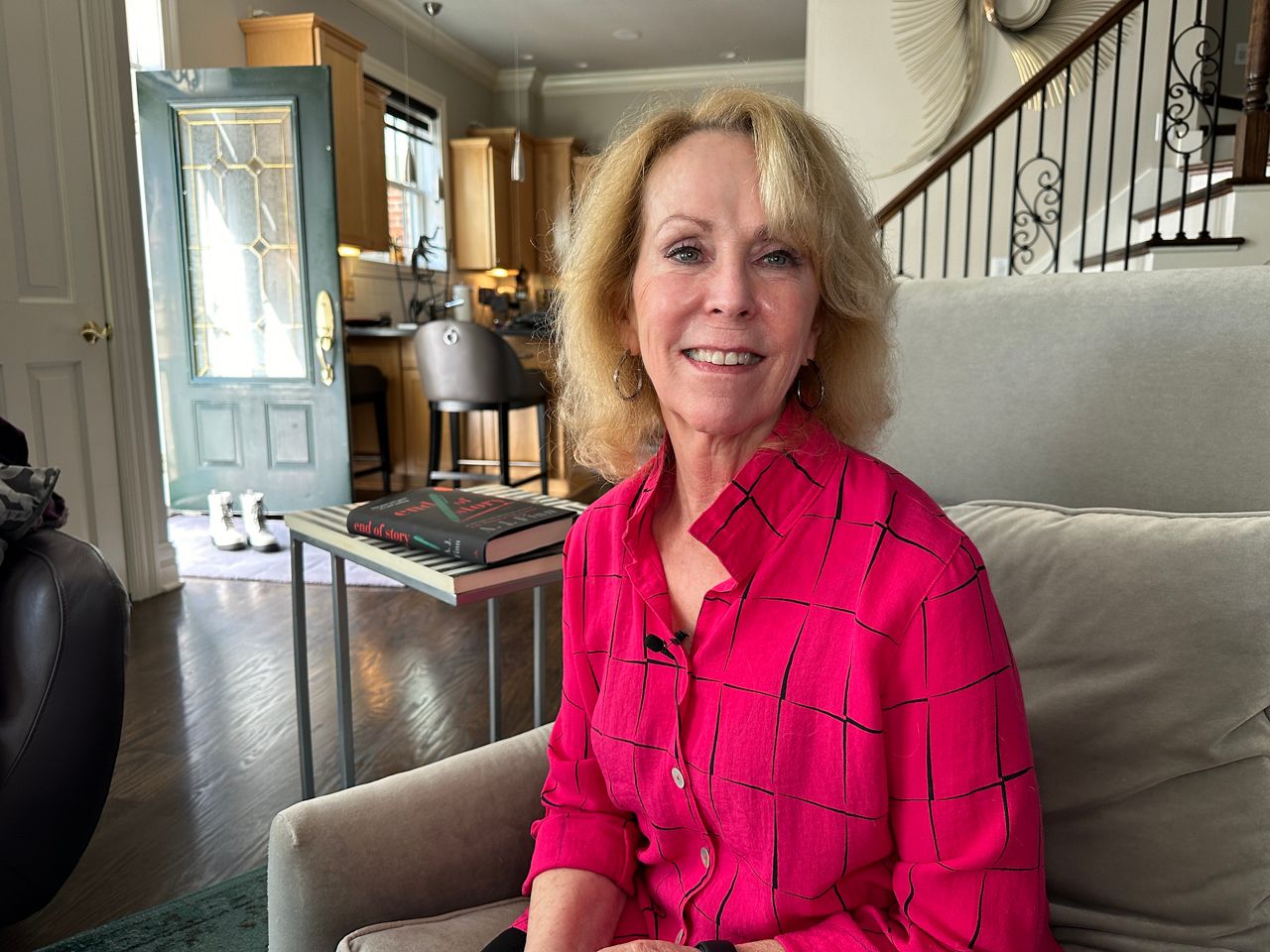
Customers like Dana Moore, a resident of Columbus bought her home with insulated concrete forms for many reasons. The homes are said to be more energy efficient, soundproof and all-around safer.
“it just makes me feel very secure,” Moore said. “I don't worry about it. I just go on with my day and feel like it's going to, you know, it's going to withstand it.”
Jan Blair is a contractor with Accu-Spec Consulting & Construction. She designed and built the home Moore lives in. She said once she found out about building with ICF’s she never looked back. On top of the energy cost savings it provides her customers, she said she feels good knowing that in an extreme weather event, the way she builds can save more homes and more lives.
“You build it once, you build it right and you don't have to worry about it,” Blair said.
Blair said ICF homes have an upfront cost that’s anywhere between 10-18% higher than your average stick-built home, depending on the year, but she said the price of safety is invaluable.
“And security of mind,” Blair said. “I mean, wouldn't it be nice to know that when weather, inclement weather, and way off the deep end weather comes through, that you don't have to worry? That's worth a lot.”
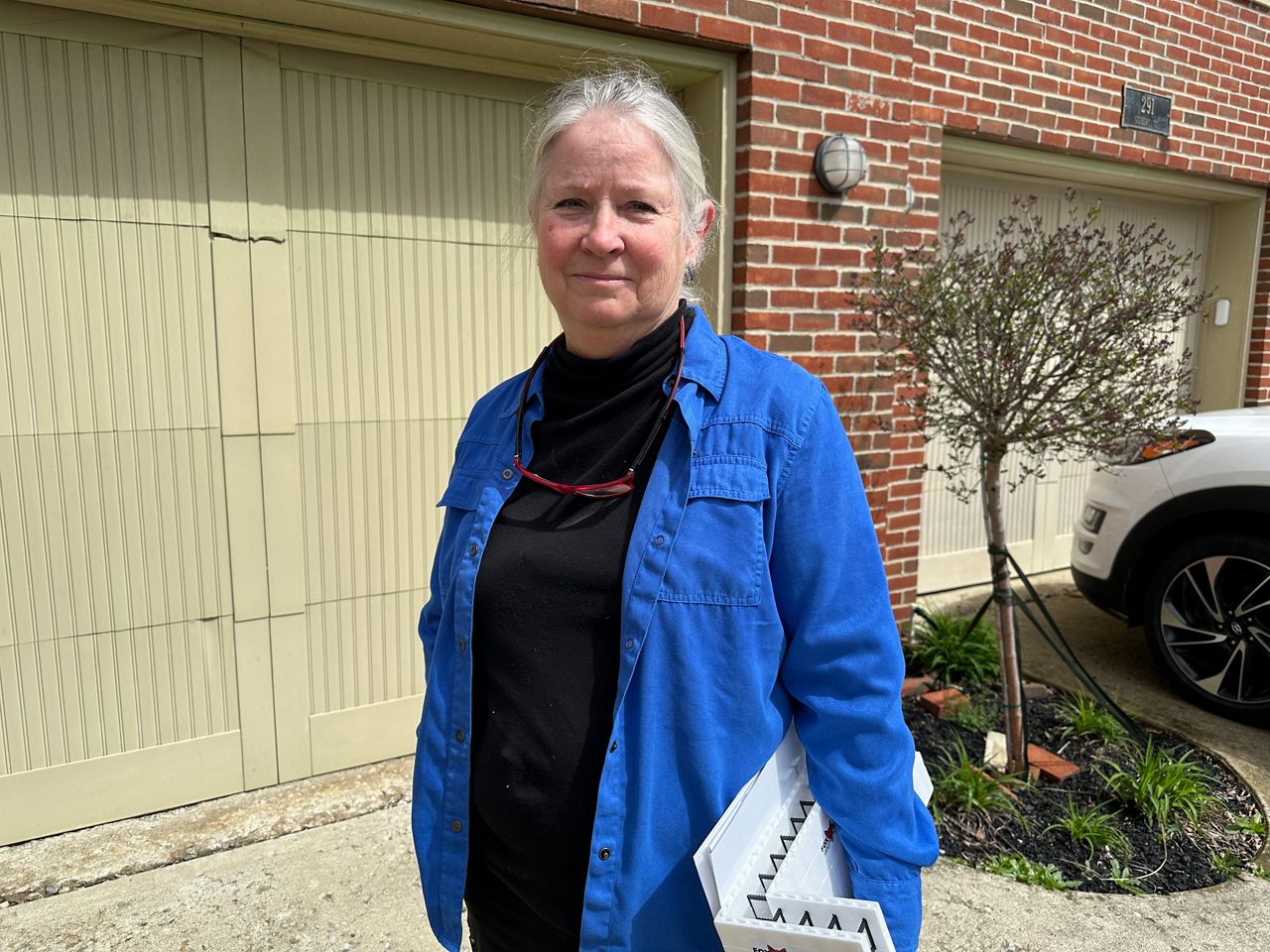
Blair said for many developers speed is the name of the game and that many customers just don’t know there’s a better way to build.
"Developers don't have to live in what they build, they just do the easiest thing, the most marketable thing," Blair said. “I got this so much is that ‘honey we've been doing it this way for 40 years.’ You know why would they change? Well okay, with that attitude, we’d all be driving horse and buggy, reading by candlelight, you know, and women wouldn't be allowed to vote."
Blair said unless a consumer is educated and demands a homebuilder to use ICF's, it won't change.
Meteorologists across the midwest are warning that our warming climate is creating the perfect environment for tornadoes to become more prevalent. Wilson and Blair are encouraging people and home developers who plan to build to do so for quality, not quantity.
“You don't need it until you need it,” Blair said.
Fox Blocks does offer training for home developers on how to build with insulated concrete forms. For more information visit here.








